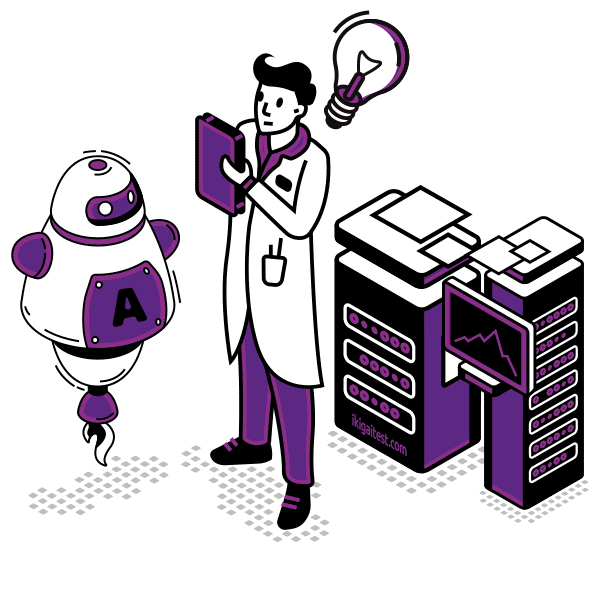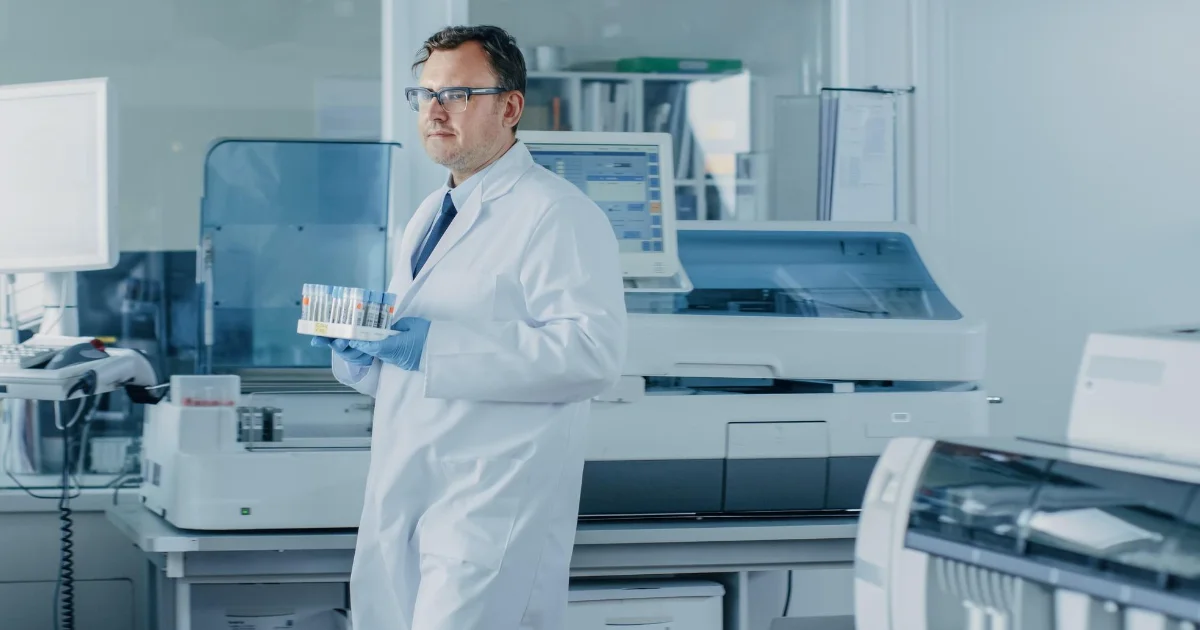Analyst

Analysts will often perform the following tasks:
- Identifying the underlying principles, reasons, or facts of information by breaking down information or data into separate parts.
- Using relevant information and individual judgment to determine whether events or processes comply with laws, regulations, or standards.
- Assessing the value, importance, or quality of things or people.
- Compiling, coding, categorizing, calculating, tabulating, auditing, or verifying information or data.
Innovator

Innovators will usually have four main goals:
- Developing or creating new applications, relationships, systems, or products.
- Providing creative ideas or artistic contributions.
- Keeping up-to-date technically and applying new knowledge to your job.
- Benchmarking, experimenting and testing novel approaches to solving problems.
Other work activities related to Medical and clinical laboratory technicians
- Setting up, maintaining, calibrating, cleaning, and testing sterility of medical laboratory equipment.
- Conducting chemical analyses of body fluids, such as blood or urine, using microscope or automatic analyzer for detecting abnormalities or diseases and entering findings into computer.
- Analyzing the results of tests or experiments for ensuring conformity to specifications, using special mechanical or electrical devices.
- Analyzing and recording testing data for issuing reports that using charts, graphs, or narratives.
- Performing medical researching to further controlling or curing disease.
- Conducting blood tests for transfusion purposes and performing blood counts.
- Obtaining specimens, cultivating, isolating, and identifying microorganisms for analysis.
- Examining cells stained with dye for locating abnormalities.
- Collecting blood or tissue samples from patients, observing principles of asepsis for obtaining blood sample.
- Consulting with a pathologist for determining a final diagnosis when abnormal cells are found.








